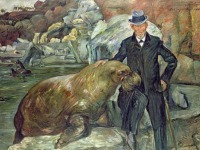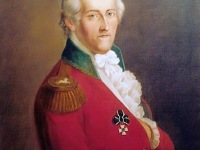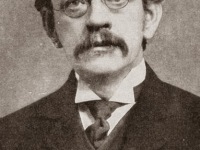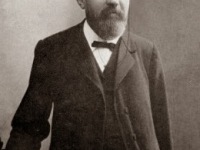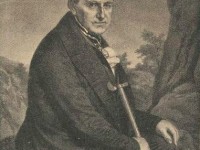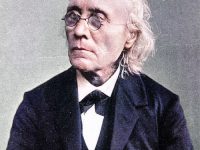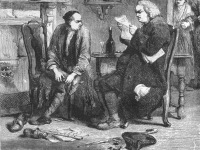Carl Hagenbeck – Pioneer of the Modern Zoo
On May 7, 1907, German merchant of wild animals Carl Hagenbeck founded Germany’s most successful privately owned zoo, the Tierpark Hagenbeck. He created the modern zoo with animal enclosures without bars that were closer to their natural habitat. Background Carl Hagenbeck Already his father, Gottfried Hagenbeck, who was originally a fish dealer started displaying and trading animals in the mid-19th century. In 1866, Carl Hagenbeck joined his father’s business and started to expand…
Read more

